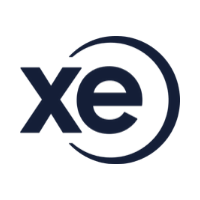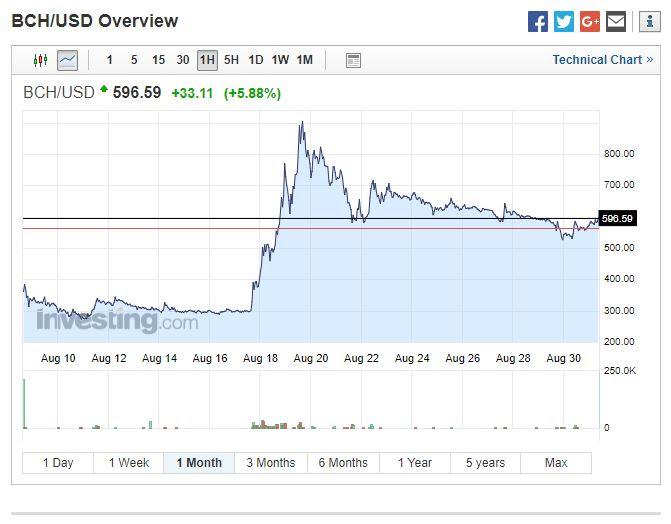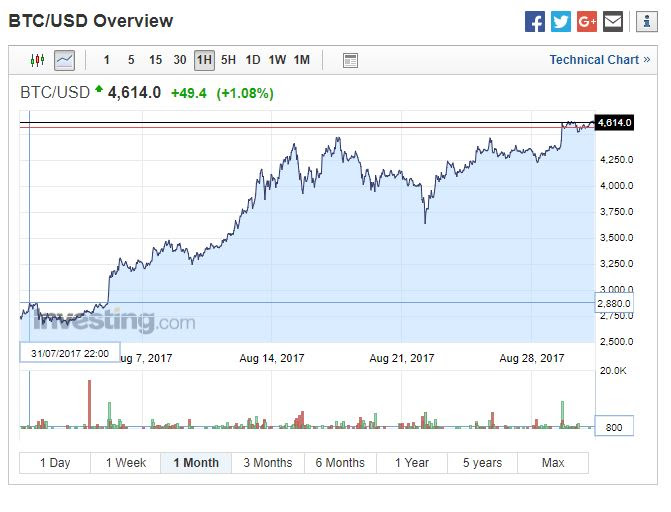Currency markets impacted by a number of factors as we open a new decade
| 9-1-2020 | treasuryXL | XE |
The markets have been exposed to some real turmoil. In the wake of the tensions in the Middle East, we have seen a general decline of stocks and move toward typical risk on plays – treasuries are up overall, gold is trending higher and so is oil. Very generally there are a number of themes affecting the major crosses.
Let’s get up to speed and examine these broadly:
GBP:
On one hand, there have been an increase of investment monetary inflows based on economic data. Add to this a general sentiment of rate hikes from the Bank of England still being on the table and a very likely sense of uncertainty or even fear from European exporters with the ECB under a great deal of pressure to stabilise/raise inflation (and be inventive in doing so) and Italy dragging the boat down somewhat there is every opportunity for the trade items to play out in a buoyed GBP. There are a few ‘watch out’ aspects, though. These may include things like monetary policy having been kept on hold due to Brexit (and there could be a case to see the Conservatives attempt to waylay Bank of England’s efforts to raise rates) and the possibility that investors have priced a recession into investment outlook. When reviewing 17 institutional banks’ forecasts for 2020, the consensus is for a rate to the Dollar of 1.3400.
USD:
Again, a tale with two sides to the coin. The Federal Reserve has added liquidity to the repurchase market (short version of this mini-crisis is: that the amount of available cash in this market dropped exactly as the demand for borrowing jumped which made interest rates look outlandish – the added liquidity settles this and resumes a better velocity of money, or speed of funds flowing through the economy). There are still some divisions remaining in terms of the Fed’s outlook for rates, meaning that stabilising and stopping rate cuts isn’t technically off the table. The uncertainty in the Middle East in the clash between the States and Iran means that investors have flocked to the safe-haven currency of the Dollar and add to this some very real concerns about the strength of the global economy and growth forecasts, meaning that safe haven movement could have longer to garner flight to the Dollar all could point to a near to medium term robust USD. Temper this view with some very conflicting US economic data, muted inflation price pressures and China getting rid of bonds – which would force the States to increase its balance sheet.
EUR:
The EUR has had a short-term increase in currency strength versus the GBP, but this is largely from uncertainties of how trade will be arranged in finalising Brexit. There are widespread concerns that, if a deal may not be organised in the timeframe allotted, the UK could default to trading with the EU on World Trade Organisation terms, which are far less favourable than a direct agreement. As earlier mentioned, though, the EU has significant issues brewing in the form of inflation control via the ECB and from a very poor economic performance by Italy in the last 8-12 months in particular. There are green shoots of good news, though, with preliminary German consumer inflation figures looking far better than expected – a significant contribution to solving their issues given Germany’s size and relative impact on the bloc. All things said and done, against the context of uncertainty from geo-political risks and fiscal/trade uncertainties as well, the EUR could well be the net loser in the coming weeks.
Elsewhere in the world, the cost of the bush fires in Australia are touted at being ~$2bn AUD and climbing, but of course, the cost of people’s lives and the lives and environment for their unique and rich wildlife ecosystem will be immeasurable. Our hearts go out to the people of Australia and the brave service people fighting the disaster.
GBPEUR: 1.1800
GBPUSD: 1.3198
EURUSD: 1.1183
The figures are based on the live mid-market rate, correct as of 08:30 GMT on 07/01/2020, and are provided for indicative purposes only. Live mid-market rates are not available to consumers and are for informational purposes only. The rates we quote for money transfer can be selected via the page on our website ‘Live Money Transfer rates’.
Get in touch with XE.com
About XE.com
XE can help safeguard your profit margins and improve cashflow through quantifying the FX risk you face and implementing unique strategies to mitigate it. XE Business Solutions provides a comprehensive range of currency services and products to help businesses access competitive rates with greater control.
Deciding when to make an international payment and at what rate can be critical. XE Business Solutions work with businesses to protect bottom-line from exchange rate fluctuations, while the currency experts and risk management specialists act as eyes and ears in the market to protect your profits from the world’s volatile currency markets.
Your company money is safe with XE, their NASDAQ listed parent company, Euronet Worldwide Inc., has a multibillion-dollar market capitalization, and an investment grade credit rating. With offices in the UK, Canada, Europe, APAC and North America they have a truly global coverage.
Are you curious to know more about XE?
Maurits Houthoff, senior business development manager at XE.com, is always in for a cup of coffee, mail or call to provide you detailed information.
Visit XE.com
Visit XE partner page








 Leningen worden vaak gezien als een goede manier om lange termijn investeringen te financieren. Een (gecommitteerde) meerjarige lening levert veelal zekerheid voor de middellange termijn. “Voor meerdere jaren vastgelegd” blijkt in de praktijk vaak niet waar te zijn. Leningen worden afgesloten als een aanvullende vorm van financieren, naast rekening courant, lease en/of andere leningen. Hoewel het aangaan van de meerjarige financiering ‘an sich’ niet heel risicovol hoeft te zijn, zijn de voorwaarden dit soms wel.
Leningen worden vaak gezien als een goede manier om lange termijn investeringen te financieren. Een (gecommitteerde) meerjarige lening levert veelal zekerheid voor de middellange termijn. “Voor meerdere jaren vastgelegd” blijkt in de praktijk vaak niet waar te zijn. Leningen worden afgesloten als een aanvullende vorm van financieren, naast rekening courant, lease en/of andere leningen. Hoewel het aangaan van de meerjarige financiering ‘an sich’ niet heel risicovol hoeft te zijn, zijn de voorwaarden dit soms wel.


 Wat is er gebeurd met de Bitcoin per 1 augustus? De Bitcoin is gesplitst! Ik zal het hieronder proberen uit te leggen. Ik voorspel u vast, het is niet eenvoudig. Na de vele discussies over de schaal van de digitale valuta Bitcoin, is er besloten om een geheel nieuwe valuta te maken, de Bitcoin Cash. Het is wel een beetje ingewikkeld allemaal. Het is een resultaat van politieke, technologische en ideologische discussies over het laten groeien van de Bitcoin. Sommige deskundigen zeggen dat een hele nieuwe valuta, genaamd Bitcoin Cash, kan helpen om Bitcoin op grotere schaal toegankelijk te maken voor een grotere groep mensen.
Wat is er gebeurd met de Bitcoin per 1 augustus? De Bitcoin is gesplitst! Ik zal het hieronder proberen uit te leggen. Ik voorspel u vast, het is niet eenvoudig. Na de vele discussies over de schaal van de digitale valuta Bitcoin, is er besloten om een geheel nieuwe valuta te maken, de Bitcoin Cash. Het is wel een beetje ingewikkeld allemaal. Het is een resultaat van politieke, technologische en ideologische discussies over het laten groeien van de Bitcoin. Sommige deskundigen zeggen dat een hele nieuwe valuta, genaamd Bitcoin Cash, kan helpen om Bitcoin op grotere schaal toegankelijk te maken voor een grotere groep mensen.




 Banks have long been target of wild spread ideas that their role as facilitator in the (inter) national money transaction industry will soon be overtaken by new Fintech initiatives like PayPal, Bitcoin and recently Ethereum. The idea behind these new technologies is that the Trusted Third Party (TTP) role of the conventional banks which is crucial for the operational day to day operations of the economic systems can be overtaken by the new block chain technology. Main advantages are clear: transactions are no longer limited by timing (no dependency on the operational boundaries of clearing houses, cut-off times of banks per currency, immediate processing etc), account opening procedures at the banks, the costs involved in maintaining accounts and transactions themselves etc.
Banks have long been target of wild spread ideas that their role as facilitator in the (inter) national money transaction industry will soon be overtaken by new Fintech initiatives like PayPal, Bitcoin and recently Ethereum. The idea behind these new technologies is that the Trusted Third Party (TTP) role of the conventional banks which is crucial for the operational day to day operations of the economic systems can be overtaken by the new block chain technology. Main advantages are clear: transactions are no longer limited by timing (no dependency on the operational boundaries of clearing houses, cut-off times of banks per currency, immediate processing etc), account opening procedures at the banks, the costs involved in maintaining accounts and transactions themselves etc.

